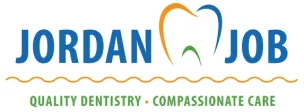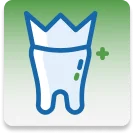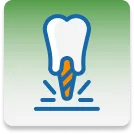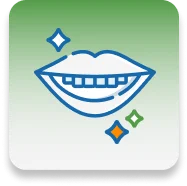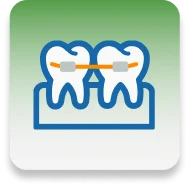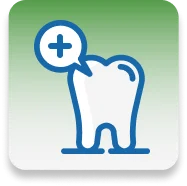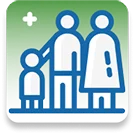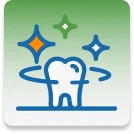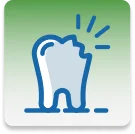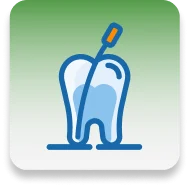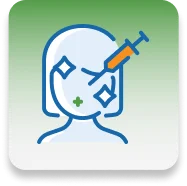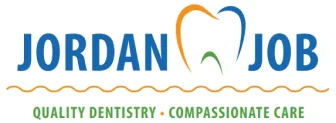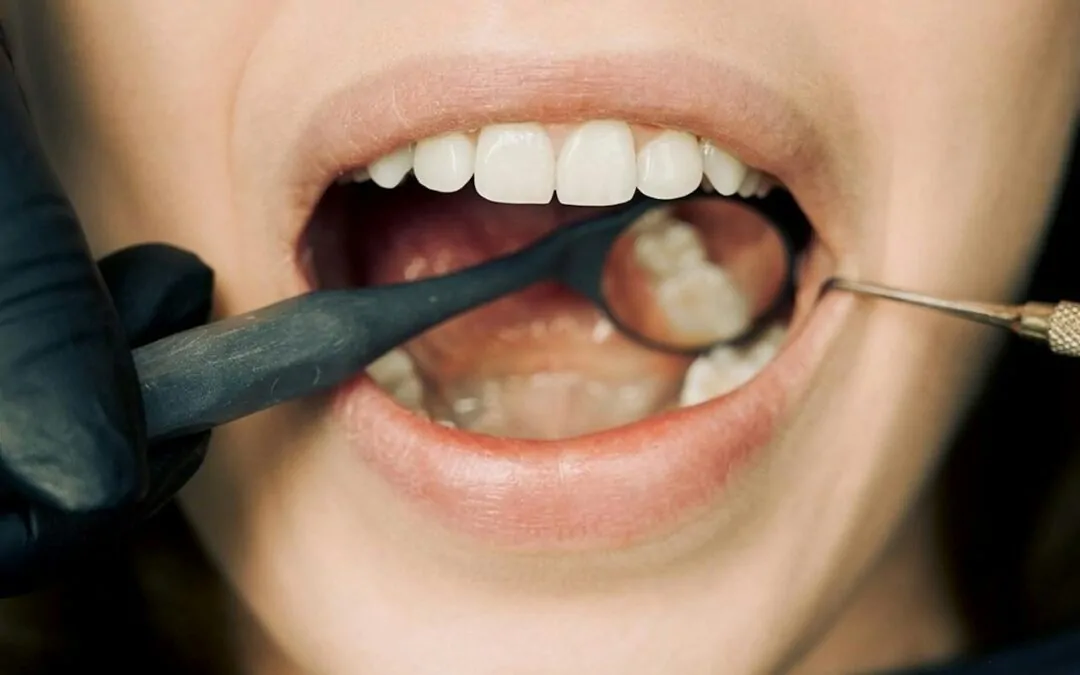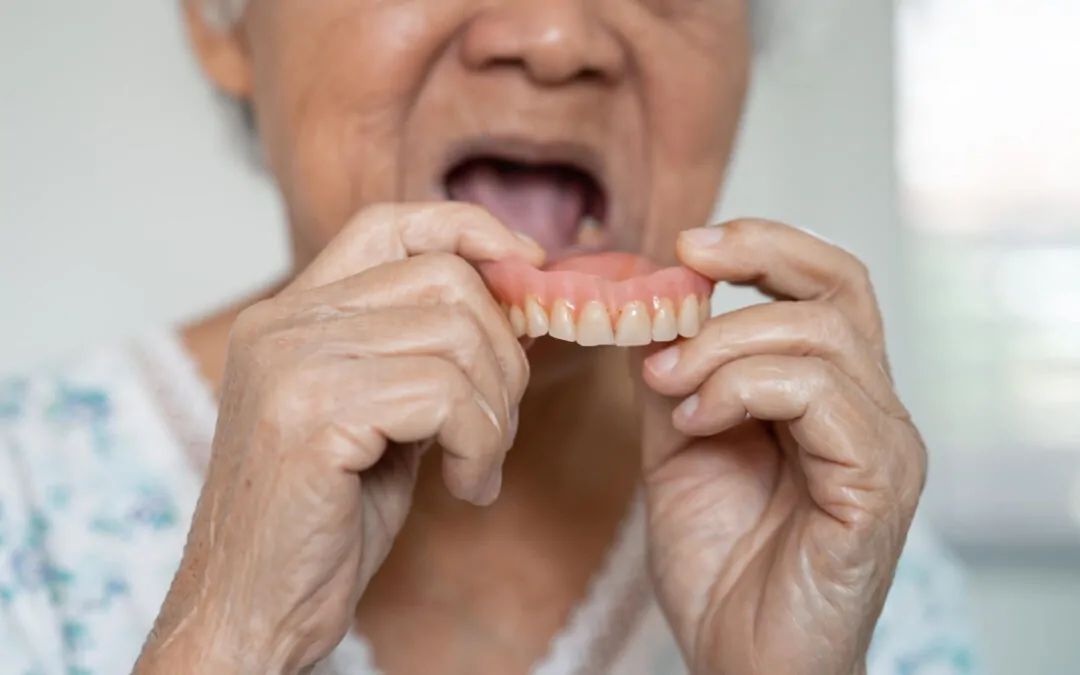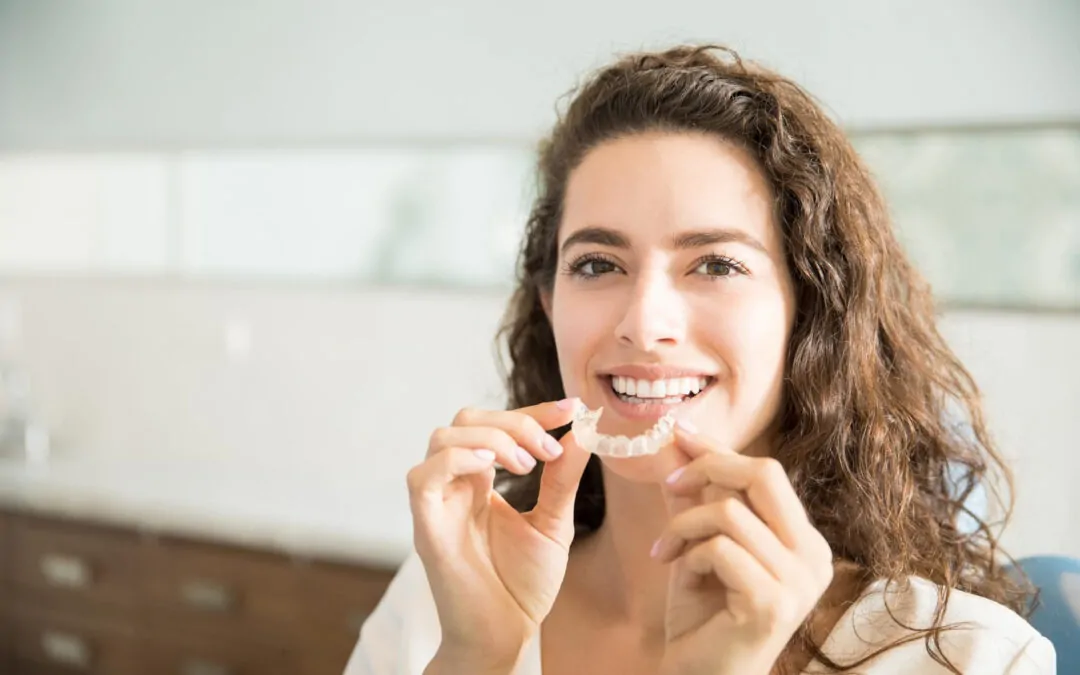Nobody wants to deal with a dental emergency. These sudden problems can cause pain and inconvenience, not to mention the unexpected visit to the dentist. The good news is that many dental emergencies can be avoided with a few simple steps.
Knowing when to seek help is also crucial. Sometimes, dental problems can start small and grow worse if left untreated. Recognizing early signs and contacting your dentist in time can save you from a lot of trouble. This article will help you understand how to prevent dental emergencies and maintain a healthy smile.
Understanding Dental Emergencies
Common Types of Dental Emergencies
Dental emergencies can happen suddenly and cause a lot of pain. Knowing the common types can help you understand what to look out for. Here are a few examples:
1. Broken or Chipped Teeth: Falling or biting on something hard can break or chip a tooth.
2. Knocked-Out Teeth: Accidents or sports injuries can lead to a tooth being knocked out.
3. Severe Toothaches: An infection or decay can cause intense pain in your tooth.
4. Lost Fillings or Crowns: Fillings or crowns might come loose or fall out.
5. Gum Infections: Swollen or bleeding gums can indicate an infection.
Why Prevention Is Important
Preventing dental emergencies saves you from pain, stress, and unexpected trips to the dentist. Taking steps to care for your teeth can avoid many problems. Healthy habits like proper brushing and regular checkups keep your teeth strong and your gums healthy. Prevention also helps you avoid more serious issues that can lead to expensive treatments.
Knowing how to care for your mouth can keep your teeth and gums in good shape. Preventing dental problems can also lead to a healthier smile and greater peace of mind. Simple actions can make a big difference in keeping dental emergencies at bay.
Daily Habits for Maintaining Oral Health
Proper Brushing and Flossing Techniques
Brushing and flossing are key to keeping your teeth and gums healthy. Here are some tips:
1. Brush Twice a Day: Use a fluoride toothpaste and a soft-bristled brush. Brush for at least two minutes, making sure to clean all surfaces of your teeth.
2. Floss Daily: Flossing removes food particles and plaque between teeth. Use about 18 inches of floss, winding it around your fingers and gently sliding it between teeth.
3. Replace Your Toothbrush: Change your toothbrush every three to four months or sooner if the bristles are frayed.
Importance of Regular Dental Checkups
Seeing the dentist regularly is crucial for preventing dental emergencies. A dentist can catch problems early before they become serious. During a checkup, the dentist will:
1. Examine Your Teeth and Gums: They check for signs of decay, gum disease, and other issues.
2. Clean Your Teeth: Professional cleaning removes plaque and tartar you can’t get rid of at home.
3. Take X-rays: X-rays help the dentist see problems that are not visible, like bone loss or impacted teeth.
Precautionary Measures During Activities
Using Mouthguards During Sports
One of the best ways to protect your teeth during sports is to wear a mouthguard. Mouthguards cushion a blow to your face, reducing the risk of broken teeth and injuries to your lips, tongue, face, or jaw. Here are some tips for using mouthguards:
1. Custom-Made Mouthguards: These are made by your dentist and offer the best fit and protection.
2. Boil-and-Bite Mouthguards: Available at sporting goods stores, these can be molded to fit your teeth by boiling them in water and biting into them.
3. Stock Mouthguards: These are pre-formed and ready to wear, but they may offer less protection since they cannot be adjusted to fit.
Wearing a mouthguard is important for anyone playing contact sports like football, hockey, or boxing. Even sports with occasional contact, like basketball or soccer, benefit from using a mouthguard. Make sure your mouthguard is comfortable and doesn’t restrict your breathing or speech.
Avoiding Hard Foods and Bad Habits
Being mindful of what you eat and breaking bad habits can help prevent dental emergencies. Here’s what to watch out for:
1. Avoid Hard Foods: Foods like ice, candy, and popcorn kernels can crack or chip your teeth. Chew softer foods to keep your teeth safe.
2. Don’t Use Teeth as Tools: Opening packages or bottles with your teeth can lead to cracks and breaks. Always use scissors or bottle openers instead.
3. Quit Bad Habits: Biting nails, chewing on pens, or grinding your teeth can cause serious damage over time. Use stress-relief techniques to help you break these habits.
Knowing When to Seek Help
Recognizing Early Signs of Dental Issues
Catching dental problems early can save you from pain and serious complications later. Here’s what to look for:
1. Tooth Sensitivity: If you feel pain when eating hot or cold foods, it might be a sign of decay or a crack.
2. Swelling or Bleeding Gums: These could indicate gum disease or infection. Healthy gums should not bleed during brushing or flossing.
3. Persistent Bad Breath: This could be a sign of gum disease, decay, or another dental issue. Regular checkups can identify the cause.
When to Contact Your Dentist
Knowing when to contact your dentist can prevent a small problem from becoming an emergency. Dr. Job has an emergency line where he can be reached after hours. He may be able to see you that same day. Here’s when you should make an appointment:
1. Severe Toothache: Persistent pain might indicate an infection or decay that needs prompt attention.
2. Broken or Chipped Tooth: If you break or chip a tooth, see your dentist right away to prevent further damage.
3. Lost Filling or Crown: If a filling or crown falls out, contact your dentist as soon as possible to avoid pain or further damage.
4. Swelling in the Mouth: Any swelling in your mouth or face can indicate an infection that needs medical treatment.
Conclusion
Dental emergencies can be scary and painful, but they are often preventable. You can keep your teeth and gums healthy by understanding the types of emergencies, practicing good oral habits, taking precautions during activities, and knowing when to seek help.
Take control of your oral health and prevent dental emergencies with these easy tips. For expert advice and care, schedule a visit with Jordan M. Job DDS. Let our family-centered emergency dentistry help you maintain a healthy, beautiful smile. Book your appointment today!
